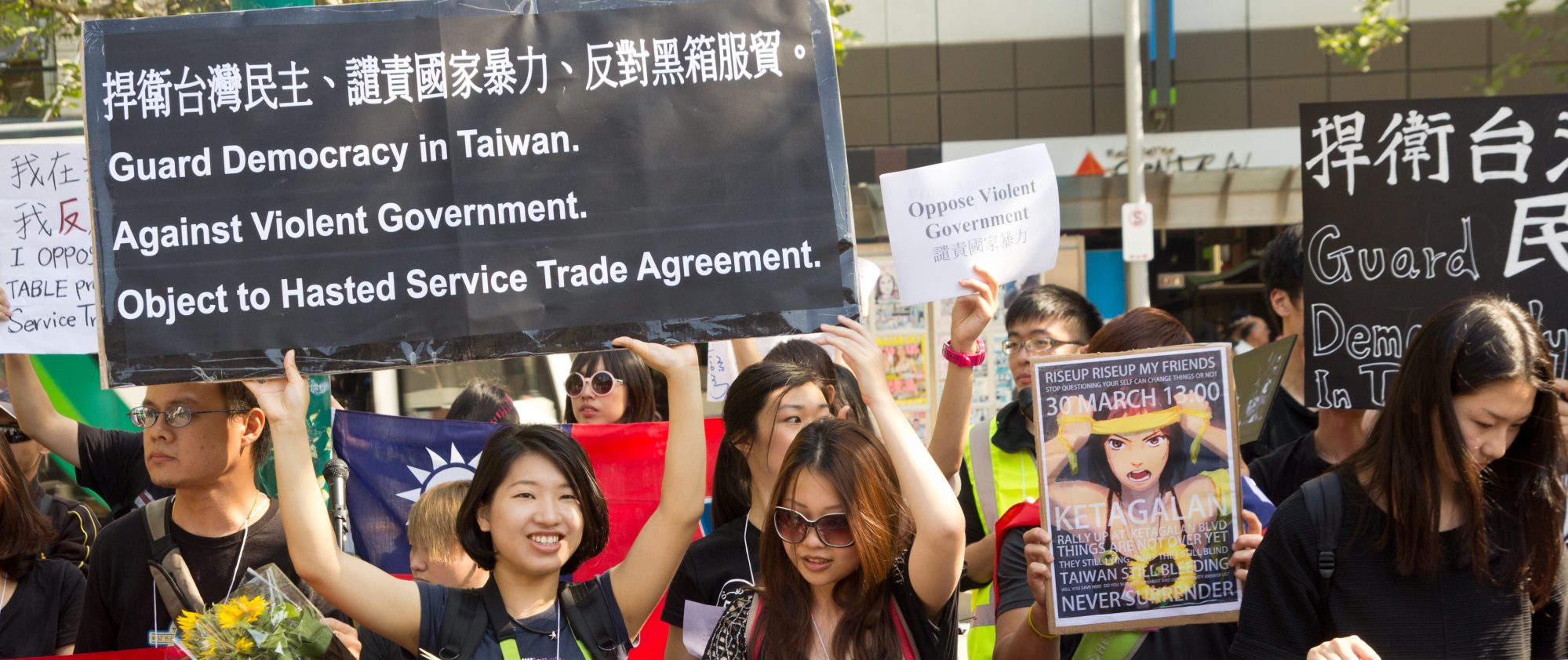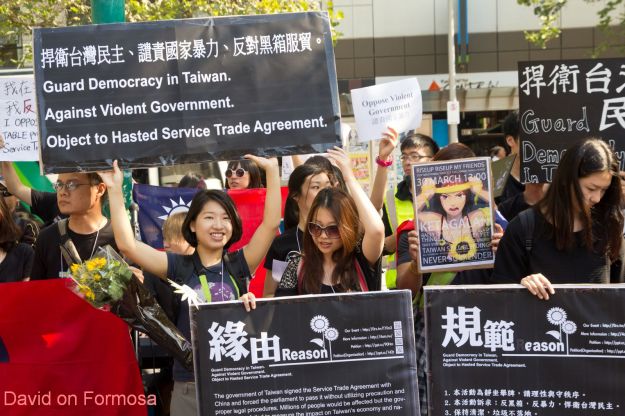
I’ve just spent the past week in Canberra attending a Taiwan Studies conference at Australian National University (ANU). The conference titled “Taiwan: The View from the South” was hosted by the Australian Centre on China in the World. The conference brought together scholars from Australia, Taiwan and other countries
It was the first time that I had been involved in a Taiwan related academic activity in Australia. It was great to renew some of my connections with Taiwan, especially meeting with my supervisor Dr David Blundell. It was also a good opportunity to learn more about the work being done in the field of Taiwan Studies in Australia.

One of the highlights of the conference was screenings of films by Tsai Ming-liang followed by Q&A with Tsai, moderated and translated by Linda Jaivin. Tsai’s film “Stray Dogs” screened to a full house. The second night of screenings featured two short films, “No Form” and “The Skywalk is Gone”.
Keynote speeches by Australia’s two leading Taiwan scholars challenged the audience to think about new ways of understanding Taiwan. Emeritus Professor Bruce Jacobs examined Taiwan’s history in terms of colonialism. Dr Mark Harrison took an epistemological approach looking at the role of storytelling in creating narratives of Taiwan’s development.
At the conference there was discussion about establishing an Australia and New Zealand Taiwan Studies Association. This would complement similar organisations in Europe and North America. The conference showed that there is a strong Taiwan Studies community in Australia and a more formal organisation would only help to further promote it.

